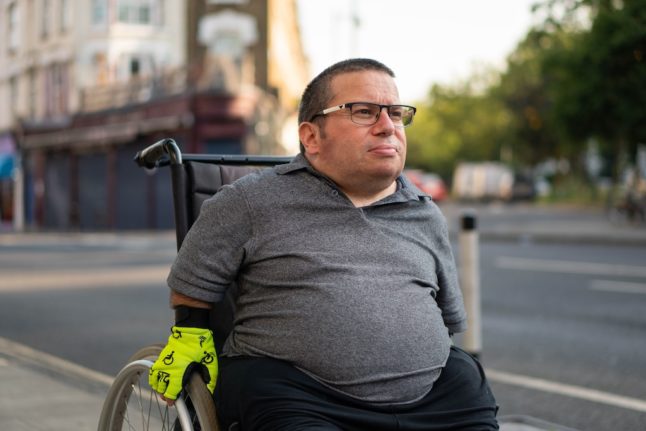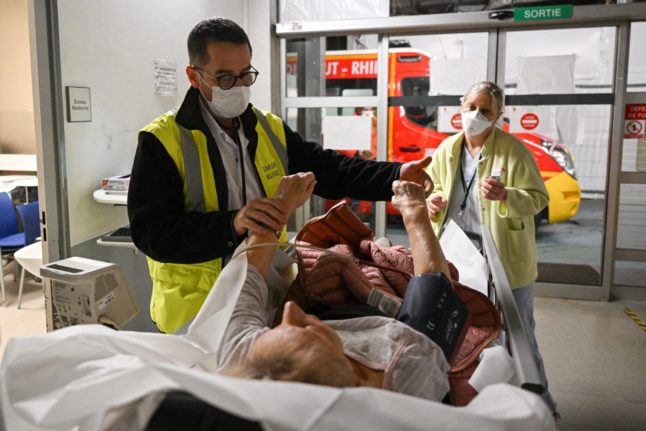Persona Independence Payment or PIP is a benefit issued by the UK government to those that have physical or mental disabilities.
You may have received it when you lived in the UK and want to know if you can continue receiving it if you move to Spain or you may want to know if you can apply for it, even though you live here already.
READ ALSO: Which UK benefits can Brits keep if they move to Spain?
Who is eligible for PIP?
You can only claim PIP if one of the following apply:
– You are 16 or over
– You have a long-term physical or mental health condition or disability
– You have difficulty doing certain tasks and getting around by yourself
– The difficulties are expected to last for at least 12 months
– You are younger than the state pension age if you’ve not received PIP before.
Those over state pension age who have received PIP before can do so again.
Am I eligible for PIP if I live in Spain?
Now that you know who is normally eligible for PIP, you need to establish if you can claim it in Spain. This will depend on various circumstances and whether you are temporarily moving to Spain, if you are planning on moving to Spain permanently or if you already live here.
Temporarily going abroad
If you are going to Spain temporarily for up to 13 weeks, then you can still claim and receive PIP if you meet the above requirements.
Permanently moving to Spain
If you are planning on permanently moving to Spain, you or a family member may be able to claim the daily living part of PIP if you meet certain criteria. These are:
– Your job is in the UK or you pay National Insurance contributions in the UK because of work. This could be if you plan on living in Spain with a remote job back in the UK for example.
– You have paid enough National Insurance contributions to qualify for contribution-based benefits.
– You are receiving a UK state pension, Industrial Injuries Benefit, contribution-based ESA or bereavement benefits.
– You are covered under the Withdrawal Agreement.
This means that it is really only available to people who moved to Spain on or before December 31st 2020 or got their residency before then. Anyone planning on moving to Spain now is unlikely to qualify for PIP.
Already live in Spain
If you are living in Spain already, you do not need to have claimed PIP in the UK before you moved, however, there are certain criteria that you must meet.
– You must have residency in Spain
– You must have a link with the UK social security system. This is most likely because you lived or worked in the UK before.
– You must be covered by the Withdrawal Agreement, again meaning that you moved to Spain on or before December 31st 2020.
You must contact the UK authorities to see if you can claim PIP and explain your individual circumstances.



 Please whitelist us to continue reading.
Please whitelist us to continue reading.
Member comments